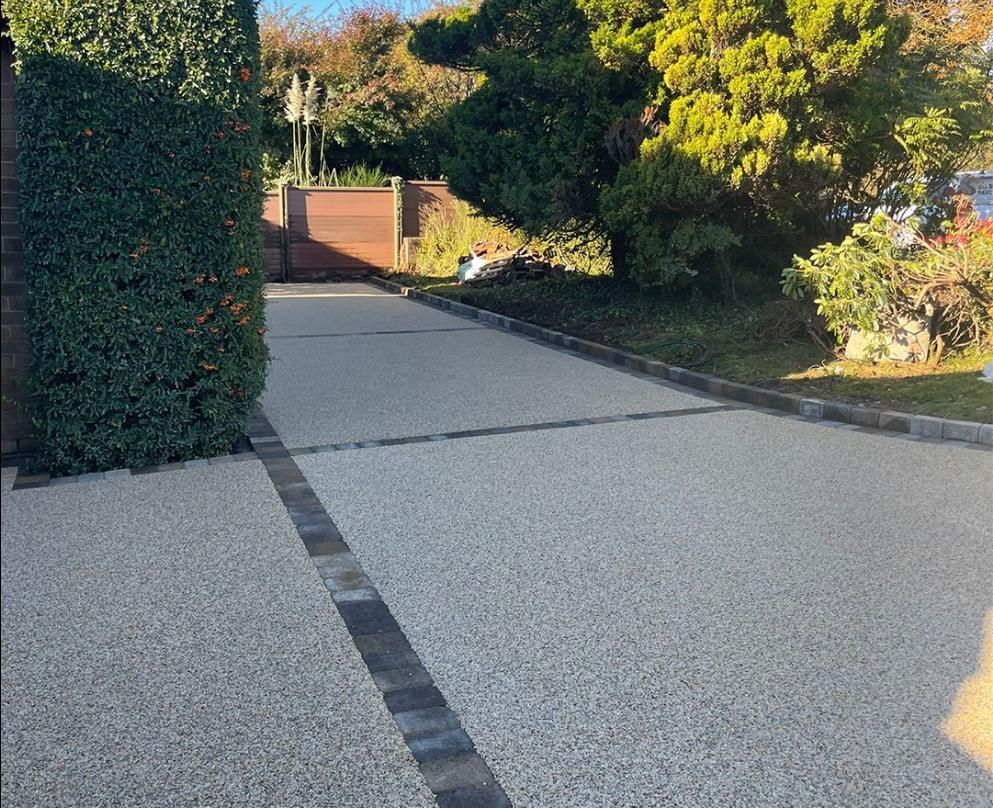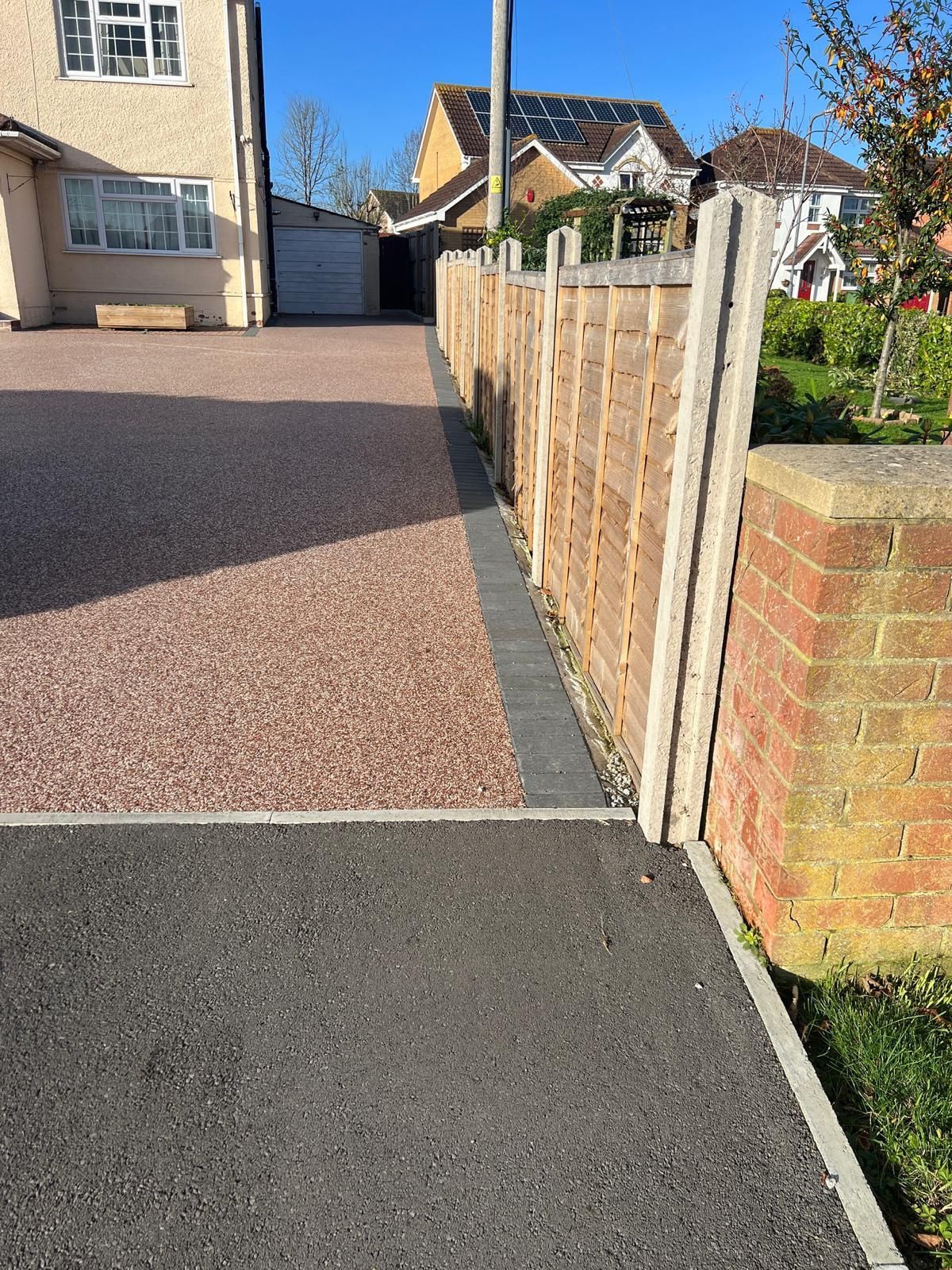Are Resin Driveways Environmentally Beneficial?
Resin driveways can have several environmental effects, both positive and negative. This blog post will examine the potential advantages of resin driveways on our environment.
Water Management & Permeability
First and foremost, the
permeability provided by resin driveways is a significant environmental
advantage. The
permeable nature of the resin enables water to
penetrate its surface, hence
decreasing water
run-off and the occurrence of
flooding. Additionally, it aids in
replenishing groundwater levels, leading to
enhanced water management and alleviating pressure on local water systems.
Mitigating The Urban Heat Island Phenomenon
Resin driveways can
mitigate the heat island effect in metropolitan areas by
reflecting sunlight instead of
absorbing excessive heat. Resin driveways can
enhance comfort and
decrease energy
usage and greenhouse gas emissions by
maintaining lower surface temperatures.
Strength & Durability
Resin driveways are renowned for their
durability and
long-lasting
nature, in contrast to block paving or tarmac materials. Resin driveways have a
lower probability of cracking, fading and showing signs of wear and tear. This results in
minimal maintenance and
less frequent need for replacement, thereby reducing the
demand for raw materials and limiting the
environmental impact related to transportation and manufacturing.
Resin driveways have numerous environmental advantages that enhance the quality of the environment. Homeowners can have a beneficial environmental impact by leveraging these benefits, while still enjoying the aesthetic advantages of resin driveways.
You might also like
Clark's Resin Driveways




